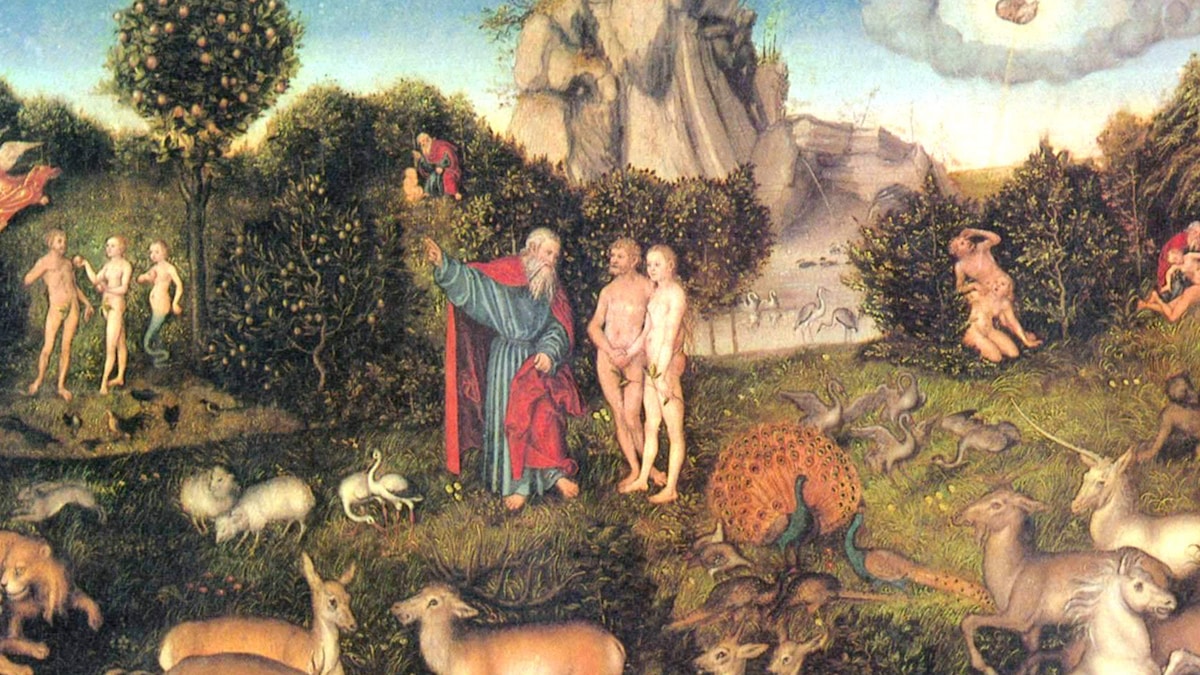Some pious, well-intentioned people are eager to come up with something original to do as penance during Lent! Such eagerness, though, could be spiritually dangerous and pretentious!
A quick glance at the Crucifix should make us realize that all the severest types of penance in the world, combined, would not make up for the price of a single drop of Christ’s Blood. The suffering of the righteous for us, the unrighteous, has been endured two thousand years ago. The price of our salvation has been paid in full. St. Peter (1 Pt 3:18-22) states this fact: Christ suffered for sins once, the righteous for the sake of the unrighteous [..] Put to death in the flesh, he was brought to life in the Spirit.
But, then, why ashes; why the call to do penance; why almsgiving; why fasting; why abstinence from meat on certain days of Lent? It is to offset the consequences of sin, all causes of pain, tears, sorrow, wars, quarrels, divorces, separations, poverty, exploitation, ethnic cleansing, character assassinations, and whatever else hurts us and many others, which are all the built-in punishments for sin. Penance and almsgiving are also valuable means to get us ready to love, aided by God’s grace and guided by a humble, listening mode of His will.
However, we are called to inconvenience ourselves, to fast, to self-sacrifice not to placate God, not to make a partial payment on Christ’s blood, but to be always ready to love and to serve at a moment’s notice. It is the same reason why athletes and first-responders put themselves, routinely, through grueling tests, in order to perform at peak level as soon as need arises.
Let me expand on that a little: Every First Sunday of Lent we get to listen to the narrative of Jesus’ temptations in the desert. But, this year, are we getting shortchanged by Mark’s (1:12-15) short narrative? Not at all!
Let us get to a couple of details of Mark’s scant narrative. Firstly, Jesus doesn’t decide what to do for the Father. He is led by the Spirit into a desert where the animals that in the Garden of Eden lived in harmonious order, here have turned into wild beasts. But even in this inhospitable place, Jesus keeps himself in a constant listening mode. In the desert, Jesus hones his spiritual stamina to teach and to heal, to care and to serve, to be driven by compassion and love for those to whom he will be sent. Thus, in that desert Jesus trains himself to offset the ugliest consequences of sin, including inside us and all around us. In this context of a desert with “wild beasts” we should wonder what kind of self-sacrifice, inconvenience and penance the Lord might expect of us, especially during Lent. In obedience to God’s law, we are called to turn the desert of our familiar corner of the world into a garden with pleasant fruits and harmonious order for many.
Secondly, Mark mentions unspecified temptations experienced by Jesus. Jesus teaches us that whatever our temptations might be, we should know that self-knowledge of our assets and weaknesses, combined with a humble, listening mode, i.e. willingness to obey God’s law, overcome any temptation.
Now, knowing some of you rather well; knowing the good intentions that drive so many of you; noticing your piety and your longing for closeness to God, I’ll dare to submit to you that, today, perhaps, Jesus walks into our desert to help us overcome the temptation to … holiness.
You look shocked by my unorthodox statement. Let the Discovery Channel teach us a lesson. Among many amazing things, it shows us how, in the wild, each predator sets up the cleverest trap it can muster to capture its favorite prey. The better the trap is disguised, the more successful the hunt. Let us face it: we are choice prey for Satan. Although we would never brag about it, we think that we are pretty good people and we are, certainly, well intentioned. Hence, we might be tempted to outdo other Catholics.
The most logical thing to do would be to work for holiness—that is, man-made holiness. And, with twenty plus centuries of spirituality behind her, the Catholic Church could help us choose from the vastest array of means to holiness. Specific prayers, substantial sacrifices, selected religious practices and uplifting devotions are the most common.
The problem is that, in all these choices, WE would be making the selection. WE would be in control. Instead, I think that, especially, this Lenten season, affected so extensively and so painfully by the pandemic, the Lord is calling us to turn our desert into a garden by placing ourselves in a listening mode to become extra compassionate in our loving.
The Gospels mention the many times when Jesus, witnessing people’s plight and miseries, drew near to them with immense love and compassion. Mindful that we are one with him through Baptism and Holy Communion, we should remember that we are not called to be as compassionate as a holy human being could be, but as compassionate as God the Father is compassionate! (Cf. Luke 6:36). This, of course, is utterly impossible, but such a bold decision would keep us humble and feeling inadequate all the time.
The Holy Spirit, who is the divine Sanctifier, would point out to us that with compassion, (to suffer with) as the word itself indicates, we cease to be in control and we would have to hand over our time, our schedules, our plans, our very life, to the Lord in order to suffer with those, guilty and innocent alike, who suffer the consequences of sin and need to be loved.
Tough as this prospect is; it was the way chosen by the Father for His Son Jesus. It is the only way to turn the desert around us into a garden for the enjoyment of many. And, by the way, this is a guaranteed and well-tested path to holiness.
Today, may our oneness with Christ in Holy Communion help us on the road to love and compassion, during Lent and beyond.








